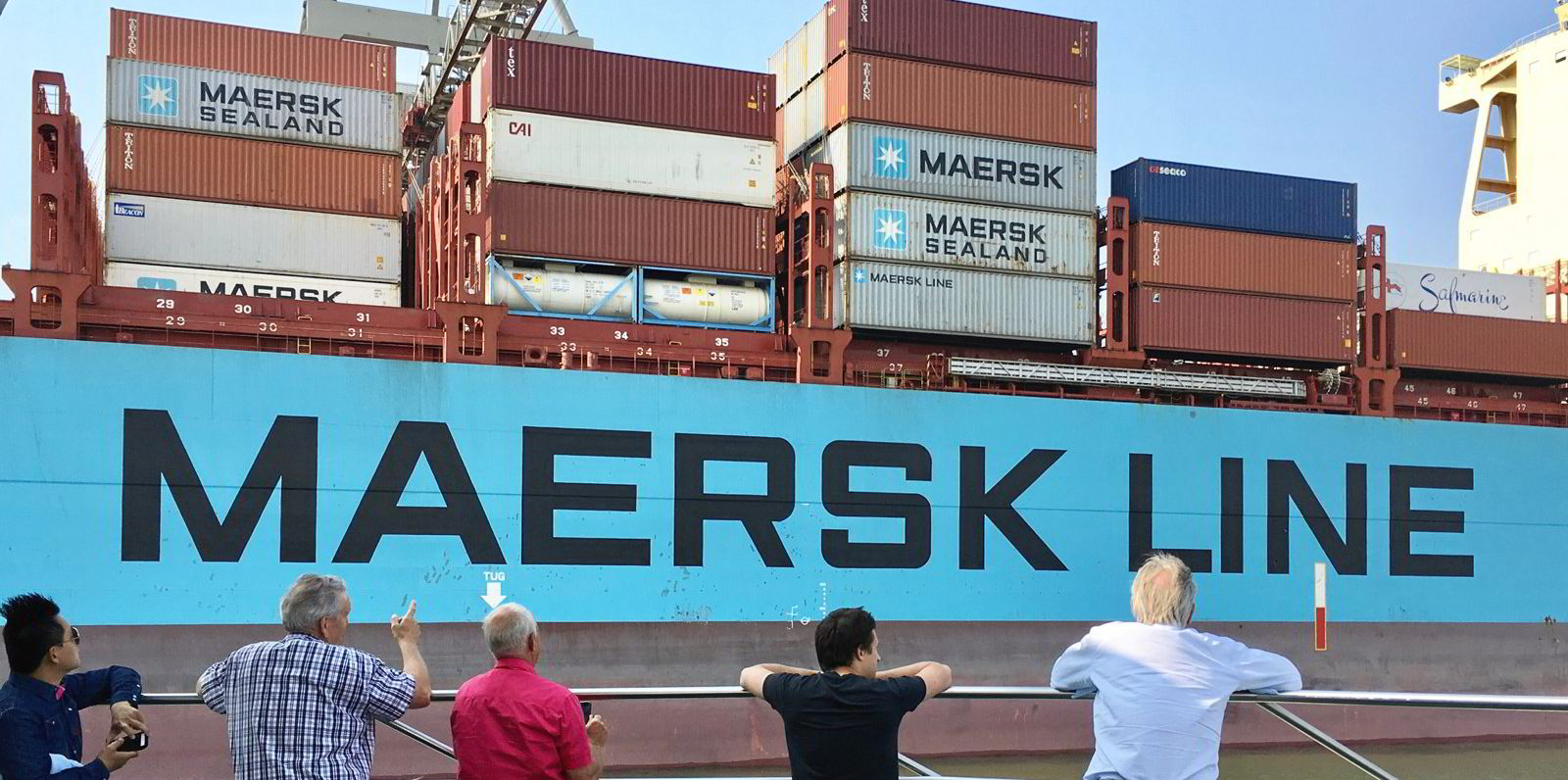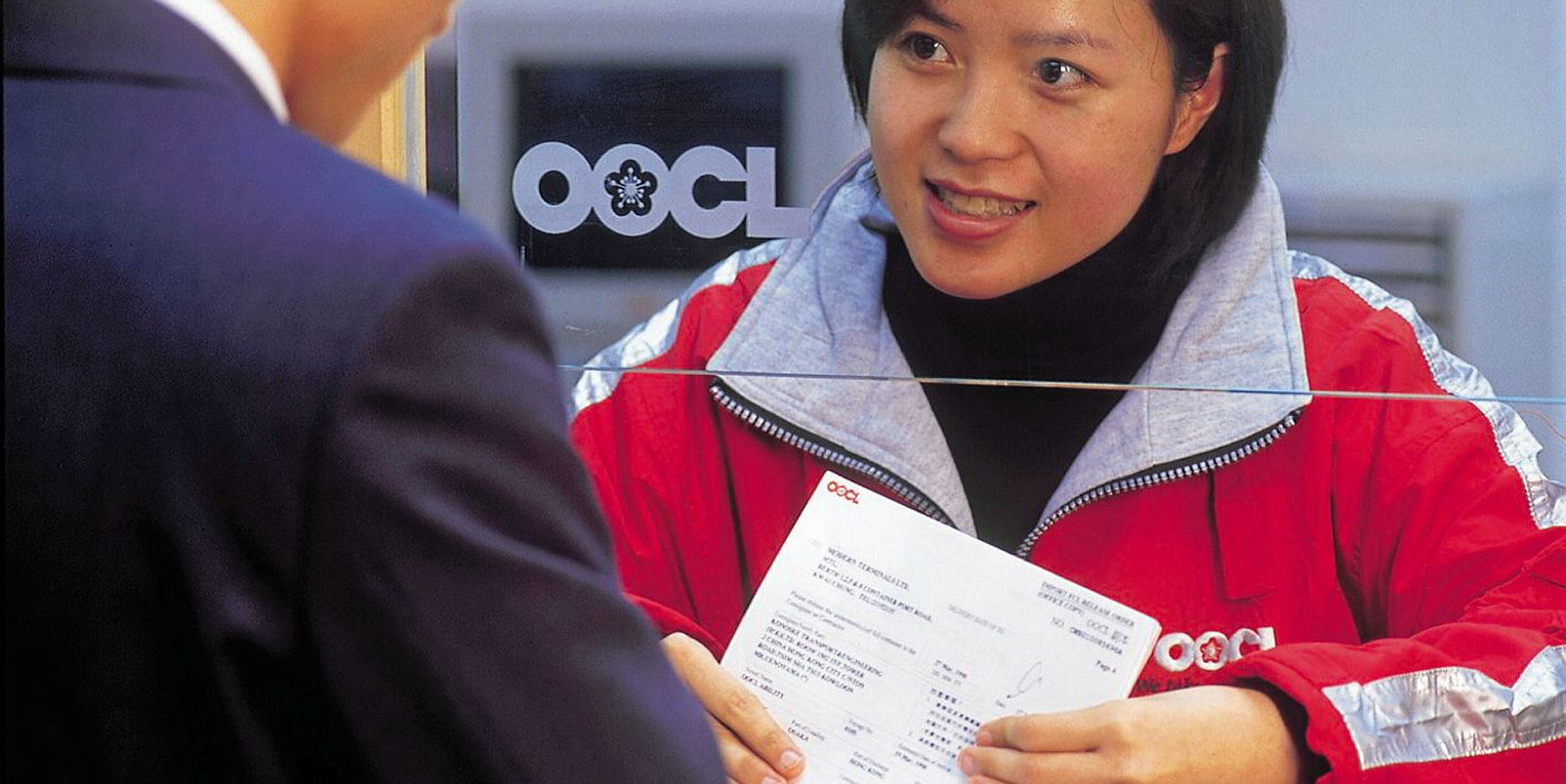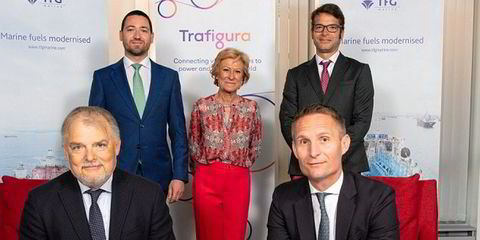Potential changes to UK law and the effects of the Covid-19 pandemic could mean a jump in the take-up of electronic trading in the shipping industry.
Participants in an innovation webinar hosted by law firm Reed Smith as part of London International Shipping Week said they believe momentum is growing.
The UK Law Commission in April announced a review that could recognise possession of digital assets.
Alexander Goulandris, co-founder and co-chief executive of paperless trade company essDOCS, said this would be "massively impactful" on his sector.
"The UK is a leader of maritime law," he told the webinar.
"It is looked at as a country that drives the direction of legislative change, so this will have a massive impact on supporting the push for electronic bills of lading (EBLs) on a global basis."
A change to UK law would undoubtedly make other Commonwealth countries accelerate their own work on legislation, the co-CEO added.
'Fantastic' for the sector

"It's a fantastic step forward. It won't solve all the problems — you need a critical mass of countries — but it's a really important step forward," Goulandris said.
Birgitte Barfoed, attorney-at-law and senior vessel portfolio manager at AP Moller-Maersk, said that over the last year, industry players have realised the need for a more digitised trade.
"We've had Covid; that has definitely [shown] the difficulty of having paper bills," she added.
The market is definitely changing, Barfoed believes, with Maersk focused on customers' needs.
Eyes open
"It is beneficial for all the parties to move in a more electronic manner. People have opened their eyes," she added.
Goulandris agreed on the role of the pandemic in increased EBL take-up.
"Covid-19 is really the catalyst behind this. The pandemic shows no sign of ever dying out, it's something we're going to have to deal with likely for ever," he said.
Adoption of the Maersk Spot freight booking service has "gone crazy", Goulandris added.
"About 60% of all their spot freight is booked on Maersk Spot, in just two years," he said. "We've never seen this drive from carriers before."
Hybrid working means electronic documents
More and more staff working from both home and office is also focusing minds, he added.
"You cannot do hybrid working with a paper-based trade system," Goulandris said.
Goulandris was asked by Reed Smith partner Nick Austin if the sector will ever gain widespread global recognition.
"Every country? 200 countries in the world? Possibly not, or not in a reasonable time frame," he responded.
"But you don't need 200 countries to change the legislation. You need 30, maybe 40. You need the core maritime nations. You need the core trade finance centres — Dubai, Singapore, UK, the US."
He added that China is also needed.
"India is well progressed on their work on this. I think you will see a very widespread adoption even in non-Commonwealth countries," Goulandris said.
"The momentum is there, it's a topic for governments and regulators."







